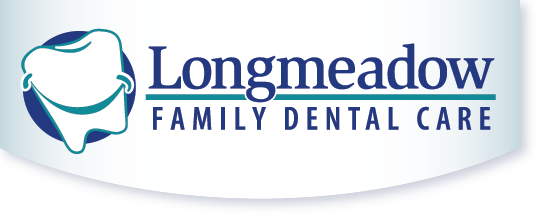Canker Sores: Why do I get them?

If you get them, you know the feeling. Canker sores, those little ulcers in your mouth, can make talking and eating uncomfortable. It’s amazing how such a tiny thing can make you miserable in such a big way.
There are two types of canker sores: simple and complex. Simple ones are the most common, and they usually occur in people who are between 10 and 20 years old. While it isn’t always possible to pinpoint the exact cause of canker sores, there are some factors that can contribute to their formation and make existing sores worse, including:
- High levels of stress
- Minor mouth injuries. This might be from dental work or overly aggressive brushing; it could also happen when you accidentally bite your cheek or have an accident while you’re playing sports
- Certain foods. Nuts, cheese, and coffee have all been connected to canker sores; spicy or highly acidic foods may also cause problems
- Allergic responses to some foods
- Dietary deficiencies. If you don’t consume enough vitamin B-12, zinc, iron, and folate, you might be at a greater risk for canker sores
- Hormonal changes
Causes of Complex Canker Sores
Complex canker sores are usually larger than simple ones and more painful. Unlike simple ones, which may last about a week, these can last for a month or more. They share some of the same triggers as their smaller counterparts, but other things can contribute as well, such as underlying medical conditions. People with certain diseases such as celiac, or even Crohn’s disease, and compromised immune systems are more likely to suffer from complex canker sores.
How to Treat Canker Sores
Small, simple canker sores usually heal on their own. To ease the pain while you’re waiting for your body to care for itself, you can head to your local pharmacy and pick up some over the counter medications. You might find topical treatments or pills that are designed to speed healing and fight discomfort.
For severe canker sores, you might need to seek medical attention. Your dentist can possibly prescribe a medication to fight the problem. If braces are the problem, your dental care professional can give you special wax to put over the braces that will hopefully stop the irritation.
After your sore heals up, do your best to prevent more of them from bothering you. For example, you can avoid trigger foods and try to reduce stress in your life.
Canker sores are awful regardless of what triggers them. Thankfully, your dentist can help you deal with those painful sores so you can back to talking and eating comfortably.

